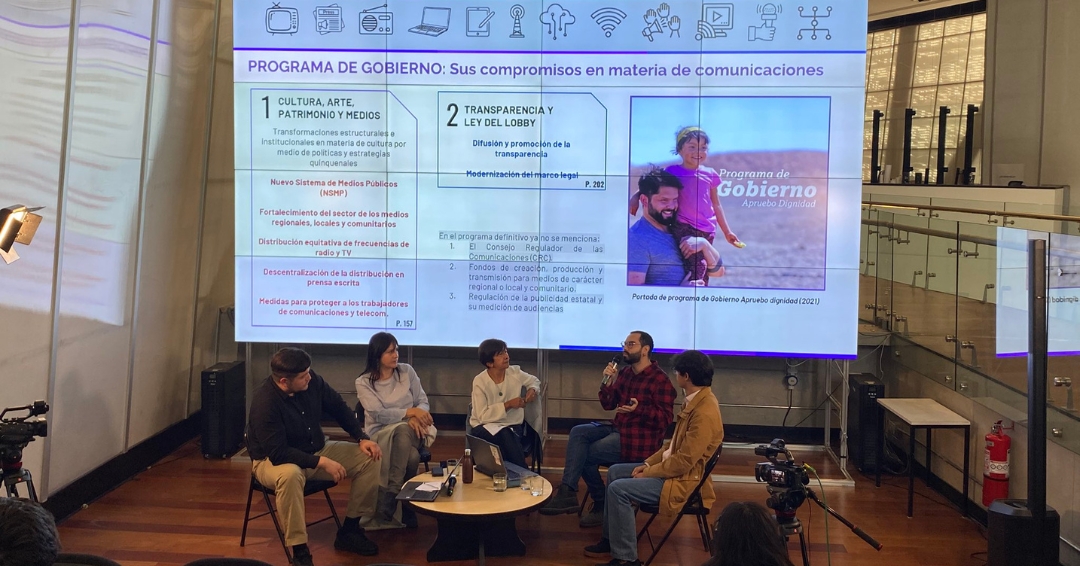A few days ago, Copesa S.A., a publishing company of La Tercera and LaCuarta.cl, filed a lawsuit against Google (part of the Alphabet conglomerate) with the Court for the Defense of Free Competition (TDLC, Tribunal de Defensa de la Libre Competencia) for abusing its near-monopoly position.
As summarized in journalistic media, the lawsuit is specifically “for abusing its near-monopoly position in search and search-related advertising markets by executing anticompetitive exploitative, exclusionary and unfair competition practices in online news/newspaper publishing markets and anticompetitive exploitative, exclusionary and unfair competition practices in advertising technology markets”.
This is the first action of this type in Latin America by a media consortium against the technology giant, and what happens with this lawsuit may set a precedent (or not), particularly regarding the question of whether the TDLC is the most suitable institution to examine these types of claims and how necessary a new convergent institutionalism is to address these challenges.
These types of actions add to what has already happened in Europe, where more than 30 European media outlets have also initiated a lawsuit against Google for over 2 billion Euros for losses caused to the advertising business.
The relationship between digital journalistic media and digital platforms, both search engines and social media, has become uncomfortable, as the latter are no longer just “digital kiosks”, i.e., intermediary showcases with which they slowly generated a relationship of dependence; they are currently their main competitor in the fight for the “advertising slice”.
Let us remember that for more than four years now, the Digital News Report prepared by the Reuters Institute consortium and the University of Oxford has marked the trend indicating that people across the world, and even more so in Latin America and Chile, get their news from social media platforms.
Information consumption is changing, and in recent decades, it has transmuted into new behaviors and practices by digital audiences: subscribing to the selection logics that rank a search engine or the algorithm logics of the platform where content and even more information is consumed.
The very meaning of “becoming informed” is changing because it is not only about the consumption, viewing, reading or listening of “news” generated by media and journalists but also about contents that are signified or interpreted as information by people young and old because it is important for their daily life, or simply out of interest and even an honest mixture of “gossip”.
The point is that this information content is increasingly produced by thousands and millions of influencers who define themselves as “content generators”, from those that currently cast theories and interpretations about what is happening with the British royalty to those disseminating statements about the census process executed in Chile.
For this reason, a few months after UNESCO launched and presented its Guidelines for the Governance of Digital Platforms and soon before the World Press Freedom Day Global Conference is held in Santiago, the debate about this uncomfortable relationship between digital platforms and media matters, very much.
The word “regulation” is complex at times when the defense of freedom of expression is key in the face of negationist and hate speeches. Even more so in the context of the sustainability crisis of journalistic media and measures against the existence of public media. The question always leads back to other questions: What type of institutionalism will take on this regulation (in countries like ours)? When shall it act and regarding which types of situations or abuse? What would the scope or the consequences of these decisions be and who would they benefit within the media ecosystem?
By Patricia Peña, March 2024


